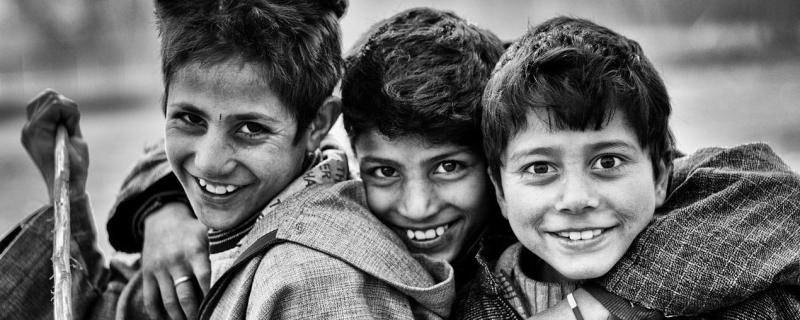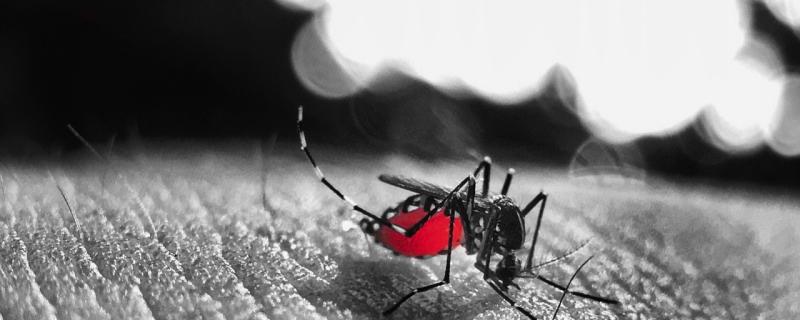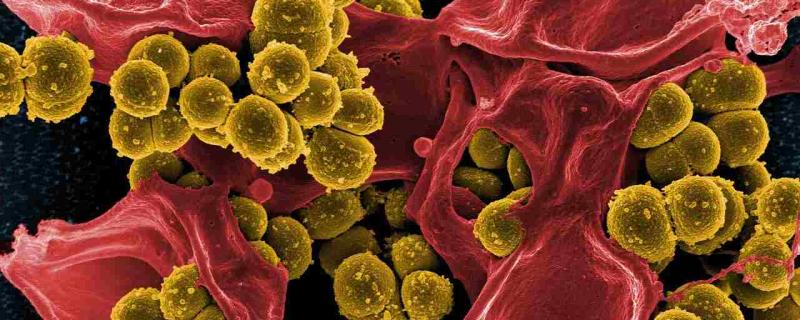A multi-national team of scientists spanning Asia, Europe, South America and Australasia, including researchers from the Indian Institute of Technology Delhi, have surveyed nearly 17,000 people across 39 countries to understand why interpersonal relationships differ between societies.
Society
Melting glaciers, rising sea levels and the threat to biodiversity are some of the conspicuous impacts of global warming. However, the repercussions of this warming are multifaceted and complex than what we understand today.
A global study finds that diets high in sodium and low in whole grains and fruits result in most deaths.
Researchers from the National Institute of Epidemiology, Chennai, Jawaharlal Institute of Postgraduate Medical Education, Puducherry, Campbell Collaboration, New Delhi and the Indian Council for Medical Research, New Delhi, aim to understand the nature of the dengue infection and its prevalence in the country. The study shows that community-based cohort studies may hold the key to tackling dengue infections.
Researchers from American university explore the reasons behind urban improvement through the ages.
Researchers from the Johns Hopkins School of Medicine and the Byramjee Jeejeebhoy Government Medical College and Sassoon Government Hospitals study how household air pollution can affect tuberculosis.
An international team of researchers investigate the prevalence of water reallocations, from rural areas to cities, throughout the world to understand its drivers, conflicts and policy implications.
An international team of researchers focus on a representative sample of languages to reconstruct the Dravidian language family tree by using first-hand data, to understand how old the languages are and how they are related.
Bacteria like Salmonella and Mycobacterium, which have developed resistance to multiple drugs, are now a global health challenge. Studies estimate that the number of people succumbing to infections caused by drug-resistant bacteria is on the rise, with 33,000 deaths annually in Europe alone.
Researchers worked with an international non-profit organisation called Mission Rabies, to study the efficiency of using oral baits, which contain anti-rabies vaccine, to vaccinate free-ranging dogs.










